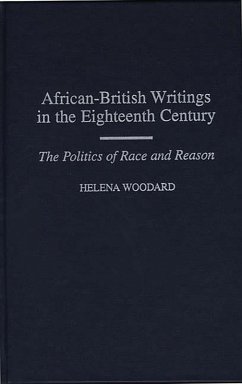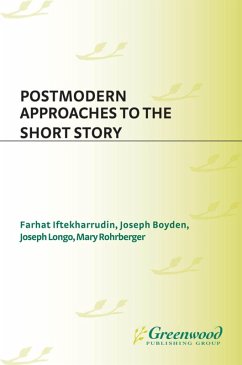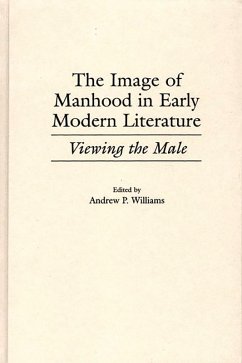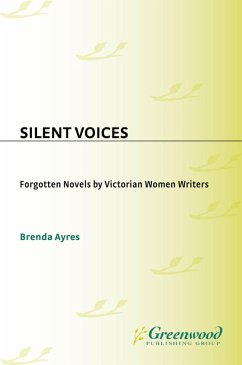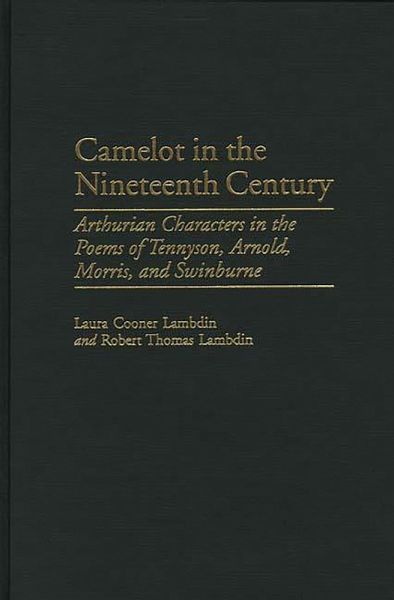
Camelot in the Nineteenth Century (eBook, PDF)
Arthurian Characters in the Poems of Tennyson, Arnold, Morris, and Swinburne
Versandkostenfrei!
Sofort per Download lieferbar
58,95 €
inkl. MwSt.
Weitere Ausgaben:

PAYBACK Punkte
29 °P sammeln!
For centuries, accounts of King Arthur and his court have fascinated historians, scholars, poets, and readers. Each age has added material to reflect its own cultural attitudes, but no era has supplemented the earlier versions more than the poets of the Medieval Revival of nineteenth-century England. This book examines how Arthurian legend was read and rewritten during that period by four enduring writers: Alfred Lord Tennyson, Matthew Arnold, William Morris, and Algernon Charles Swinburne. While other works have looked at Arthurian legend in light of nineteenth-century social conditions, this...
For centuries, accounts of King Arthur and his court have fascinated historians, scholars, poets, and readers. Each age has added material to reflect its own cultural attitudes, but no era has supplemented the earlier versions more than the poets of the Medieval Revival of nineteenth-century England. This book examines how Arthurian legend was read and rewritten during that period by four enduring writers: Alfred Lord Tennyson, Matthew Arnold, William Morris, and Algernon Charles Swinburne. While other works have looked at Arthurian legend in light of nineteenth-century social conditions, this volume focuses on how these poets approached love and death in their works, and how the legend of Arthur shaped their vision. An introductory chapter traces Arthurian legend from its inception. The chapters that follow are each devoted to a particular author's use of Arthurian material in an exploration of love and death. For Tennyson, love leads to trust, and when trust is shattered, death soon follows. Arnold, on the other hand, advocates moderation, so that the loss of a loved one produces neither debilitating agony nor only a mild melancholy. Morris concentrates on the differences between physical and spiritual love, while Swinburne presents a world tormented by love and in which death is the only release.




